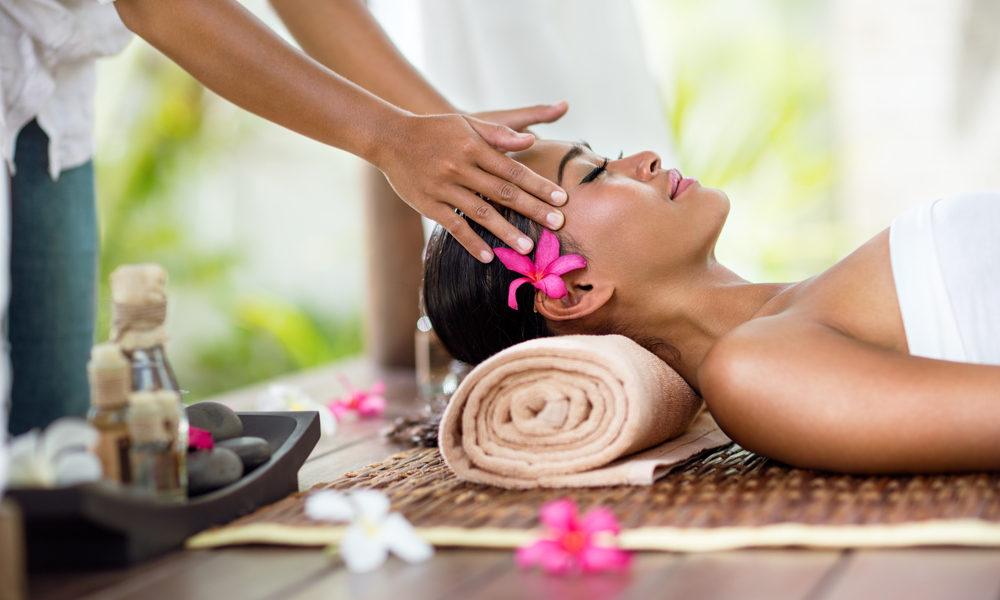Acne is a common skin condition that affects people of all ages, causing distress and discomfort due to its visible effects. From mild to severe cases, understanding the different types of acne and their respective treatments can significantly help in managing and alleviating this condition. This comprehensive guide explores various types of acne and provides insights into effective treatment options. Accutane generic and Accutane for acne is used to treat severe acne (pimples) that haven’t responded to other treatments.
Types of Acne:
- Whiteheads and Blackheads (Comedones):
- Description: These are non-inflammatory acne lesions caused by clogged pores.
- Treatment: Treatment options include topical retinoids (like tretinoin) to increase cell turnover and unclog pores, benzoyl peroxide to kill bacteria, and salicylic acid to exfoliate the skin.
- Papules:
- Description: Small, red bumps without a visible center.
- Treatment: Topical treatments with benzoyl peroxide or salicylic acid can help, along with gentle cleansing and avoiding harsh skincare products.
- Pustules:
- Description: Inflamed lesions filled with pus, often appearing as red bumps with white or yellow centers.
- Treatment: Similar to papules, but may require additional topical antibiotics like clindamycin or erythromycin to reduce bacteria.
- Nodules:
- Description: Large, painful, solid lesions deep within the skin.
- Treatment: Usually requires prescription oral medications like isotretinoin (Accutane) to shrink oil glands and reduce acne-causing bacteria.
- Cysts:
- Description: Deep, pus-filled lesions that are painful and likely to cause scarring.
- Treatment: Similar to nodules, often treated with oral medications and sometimes requires drainage by a healthcare professional.
Effective Treatment Strategies:
- Topical Treatments:
- Ingredients: Look for benzoyl peroxide, salicylic acid, retinoids (like adapalene or tretinoin), and sulfur-based products.
- Application: Apply to clean, dry skin once or twice daily as directed.
- Oral Medications:
- Prescription Options: Oral antibiotics (e.g., doxycycline, minocycline), hormonal treatments (e.g., birth control pills for women), and isotretinoin for severe cases.
- Consultation: Always consult a dermatologist for proper diagnosis and prescription.
- Lifestyle Adjustments:
- Skincare Routine: Use gentle, non-comedogenic products and avoid excessive scrubbing or picking.
- Diet: Limit dairy and high-glycemic foods, which may aggravate acne in some individuals.
- Hygiene: Keep skin clean but avoid overwashing, which can strip natural oils and exacerbate acne.
- Procedural Treatments:
- Chemical Peels: Helps to exfoliate the skin and unclog pores.
- Laser Therapy: Targets acne-causing bacteria and reduces inflammation.
- Extraction: Manual removal of comedones and cysts by a dermatologist.
Tailored Approach Based on Severity:
- Mild Acne:
- Treatment: Over-the-counter products and topical treatments are usually effective.
- Moderate Acne:
- Treatment: Combination therapy with topical and oral medications may be necessary.
- Severe Acne:
- Treatment: Requires aggressive therapy with oral medications under close medical supervision.
Prevention and Maintenance Tips:
- Consistency: Follow a regular skincare routine tailored to your skin type.
- Avoid Triggers: Identify and avoid factors that exacerbate acne, such as stress or certain foods.
- Professional Guidance: Regular visits to a dermatologist for evaluation and adjustments to treatment plans.
- Patience: Results may take time; stick to the prescribed treatment regimen for optimal effectiveness.
Conclusion:
Understanding the different types of acne and their respective treatments is crucial for effective management and prevention of this common skin condition. Whether dealing with mild whiteheads or severe cystic acne, there are various treatment options available, ranging from topical solutions to oral medications and procedural interventions. Consulting with a dermatologist ensures personalized care and guidance, leading to clearer and healthier skin in the long run.
By implementing a comprehensive approach to acne treatment, individuals can regain confidence and reduce the impact of acne on their daily lives. Remember, patience and consistency are key when addressing acne, as results may vary depending on the severity and individual response to treatment. For anyone struggling with acne, seeking professional advice is always the best course of action to achieve clear and radiant skin.









